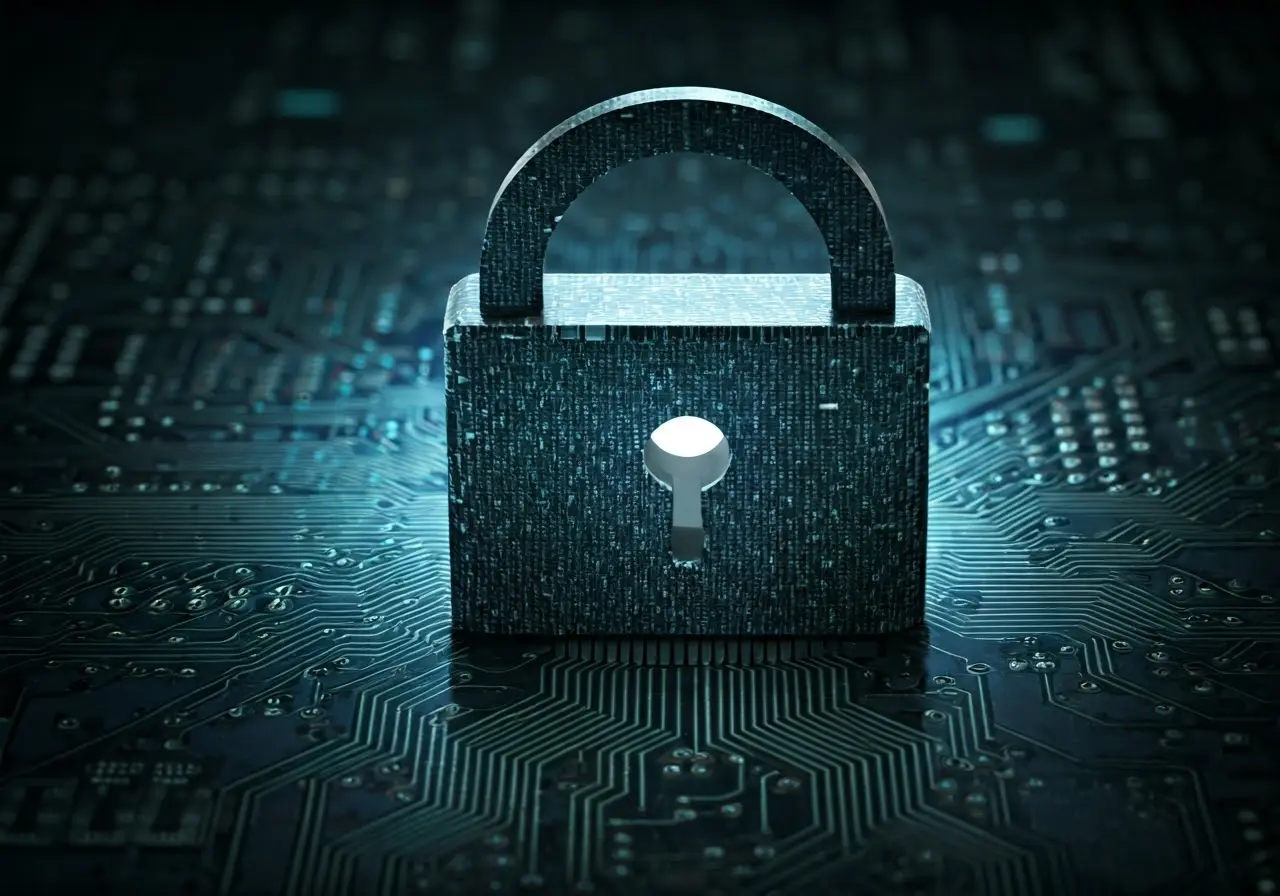In today’s digital age, small businesses are increasingly reliant on technology to operate efficiently and serve their customers better. However, this reliance also makes them a target for cyber threats. Understanding why cybersecurity is crucial for small businesses can help in protecting valuable data and maintaining trust with customers.
Understanding the Cyber Threat Landscape
Cyber threats are evolving, with hackers targeting businesses of all sizes. Small businesses often become targets due to perceived lack of security, making it crucial to understand the types of threats out there.
There is a myriad of threats facing small businesses today, ranging from phishing scams to sophisticated ransomware attacks. Cybercriminals are continuously advancing their techniques, as discussed in the article How Small Businesses Can Combat the Biggest Cybersecurity Threats. Understanding these threats can better prepare businesses in deploying effective security strategies.
Small businesses may underestimate their appeal to cybercriminals. Yet, these businesses often lack the advanced security measures that larger corporations have, leaving them vulnerable. Cybercriminals can target enterprises indiscriminately using automated tools that scan for vulnerabilities globally, confirming that size does not equate to immunity.
The Impact of Data Breaches on Small Businesses
A data breach can lead to financial losses, damaged reputation, and loss of customer trust, which are detrimental to the longevity of small businesses. Recognizing these impacts highlights the importance of robust cybersecurity measures.
The financial repercussions of a cyberattack extend beyond immediate monetary loss. In the aftermath, small businesses may face punitive regulatory penalties, costly recovery expenses, and a sullied reputation. As StrongDM emphasizes, shielding sensitive data is crucial not just for compliance but for sustaining customer confidence.
Moreover, clients nowadays demand assurance that their data remains confidential. It’s not uncommon for consumers to sever ties with businesses that suffer breaches, emphasizing the need for rigorous data protection measures. Maintaining robust cybersecurity not only prevents breaches but also sustains consumer relationships and trust in your brand.
Building Customer Trust through Cybersecurity
Customers expect their personal information to be safeguarded. By prioritizing cybersecurity, small businesses can build trust and loyalty, encouraging customers to continue engaging with their products and services.
A secured business environment translates to enhanced consumer confidence; adequate protection protocols ensure sensitive customer data doesn’t fall into the wrong hands. By visibly prioritizing data protection, as noted in Emerge Digital’s discussion, businesses can relate to customer apprehensions, thus fostering long-term loyalty.
In addition to basic security protocols, proactive communication with customers about potential threats and the protective measures in place demonstrates a commitment to safeguarding their interests. This transparency is pivotal in cultivating a deep-rooted trust between businesses and their clientele.
Ensuring Compliance with Data Protection Regulations
Regulations like GDPR and CCPA mandate businesses to protect customer data. Compliance not only avoids legal penalties but also enhances business credibility.
Non-compliance can be costly—not just financially, but also in terms of reputation. Regularly updating cybersecurity practices ensures small businesses meet these regulatory requirements, as highlighted by Emerge Digital. Proactive adherence to these laws illustrates a conscientious company culture focused on protecting customer interests.
Achieving compliance is an ongoing process that requires businesses to constantly adapt to new regulations, demonstrating flexibility and resilience in their operational model. Taking such proactive steps ensures the business’s readiness to tackle regulatory changes, further solidifying customer trust and industry credibility.
Minimizing Business Disruptions from Cyber Attacks
Cyber attacks can lead to operational downtimes and productivity losses. Effective cybersecurity measures ensure continuity of business operations and reduce downtime risks.
When cyber incidents occur, well-prepared businesses can quickly mitigate damages and resume their operations seamlessly. As outlined by BRITECITY, implementing strategic responses and maintaining updated security tools is pivotal in minimizing disruptions.
Furthermore, a robust disaster recovery plan that includes regular data backups and well-practiced incident response protocols ensures that businesses can swiftly handle unforeseen cybersecurity threats, thus maintaining optimal productivity levels even under attack.
Prioritize Cybersecurity for Continued Success
In conclusion, small business cybersecurity is not just a technical necessity but a strategic business priority. By implementing robust cybersecurity measures, building customer trust, ensuring compliance, and maintaining uninterrupted operations, businesses can safeguard their assets and thrive in a digital-first world. Visit our homepage to learn more about how we can help protect your business.
